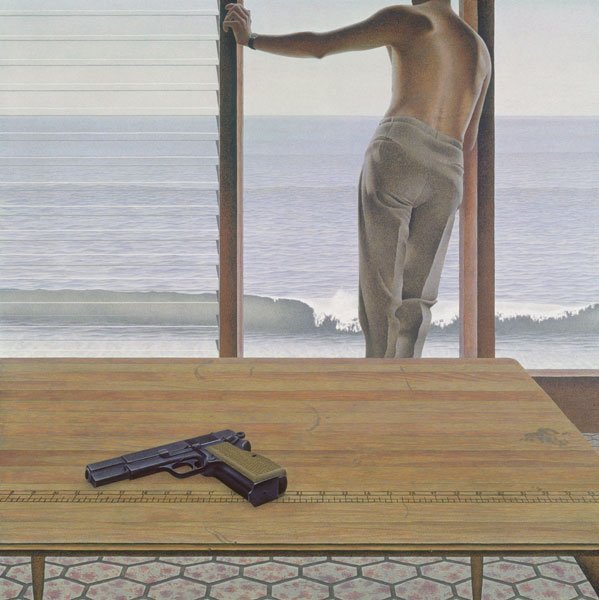Speed lived up to its name, did Heat?
Where to begin…. It all started when a guy I had just met recommended the film “Heat” to me after I told him I was analyzing “Speed”. “Heat” and “Speed” not only exceeded my expectations of thrillers but also showed me two different approaches to the thriller genre (not horror which I always associated with each other).
To have thought “Speed” (1994) was the greatest action movie I have ever seen has become an overstatement. Jan de Bont has created a cinematic masterpiece that is different from other action movies for numerous reasons: one, the whole movie is filmed in one location, the inside of the bus. Two, every action scene triggers adrenaline and the rush of anticipation even though we aren’t pressured, but Jack, the protagonist, and the LAPD are. Bont’s action film, Speed, is replete with calculated camera angles and shots to explore mainstream cinema similar to classical Hollywood cinema, a thriller and action film. The use of explosions, bombastic soundtracks, and switching from the protagonist's perspective to the antagonist's perspective rapidly have spectators at the edge of their seats.
Aside from the film’s appeal to contemporary audiences at large, Bont’s intention with the narrative is more restricted to watching Jack’s actions and mirroring them. While also being subjective which is apparent in the confines of the bus that most of the scenes showcase. The ability of a film to draw viewers into such a grappling and edging emotion as thrillers do pulls on the spectator’s emotions to be invested in Jack’s ability as an officer being the perfect key to getting justice through his personality. Jack’s connection to the world may be thought of rationally; however, he breaks that limitation by allowing himself to experience grief, love, and possibly passion.
Michael Mann made no mistake in his intention for “Heat” (1995). Despite the movie being much lengthier than “Speed”, Mann produced a multi-faceted film about crime whilst immersing the audience in a world with different kinds of marriages and friendships that contribute to Neil McCauley, played by Robert De Niro, self-isolation. The depth of the antagonist is apparent as the audiences plunge into a rollercoaster of empathy for a ruthless criminal who, due to his lifestyle, desires what he can’t buy: people in his corner. Neil is surrounded by friends who have families of their own despite the dangerous game they run. His compassion for others is this unwavering loyalty to those who have become part of his history.
Both films showed the antagonist and protagonist perspectives. However, in “Heat” we live through both Neil, the criminal, and Lieutenant. Vincent, a police officer, lives outside of their work. For instance, the antagonist, Neil, is given a chance to convince us, the audience, of the morals he upholds and expects such as loyalty and justice. Whereas, in “Speed” we are subtly told details of Howard Payne’s motivation for vengeance against the LAPD. Neil and Vincent’s lives are shot parallel to one another to show how ignorant they are of their own lives. Their dedication to their occupations has created such an imbalance and detrimental stain on their personal lives. For Vincent, his absence as husband and father led him to neglect his stepdaughter who, at the end of the film attempts suicide. Similarly, Neil has forced Eady to stay with him since she was the first person he cared for other than himself. However, her fear sets her off and Neil couldn’t let her go.
I found “Speed” to be straightforward and incredibly fun to watch because it wasn’t as emotionally taxing as “Heat” turned out to be. Instead, “Speed” had a predictable thriller plot whereas “Heat” made the ending look ambivalent: would Neil be free to live the life he wanted and escape the confines of being a criminal? How would Vincent finish what he started with Neil? Bont’s ability to conjure multiple plot twists –the gap in the freeway, Annie’s kidnapping, train ending scene– and fake the first ending of all the pieces coming together is fascinating. I highly recommend watching “Heat” before “Speed” considering the heaviness of each film as well as ending on a high note. Thriller and action movies will never let me down.

